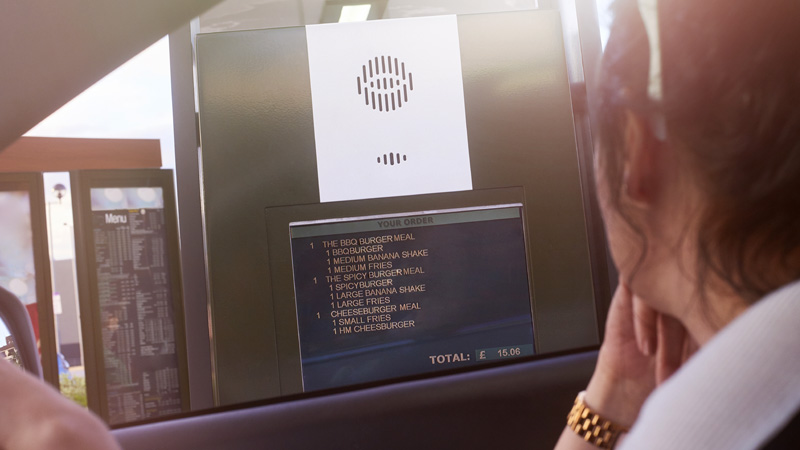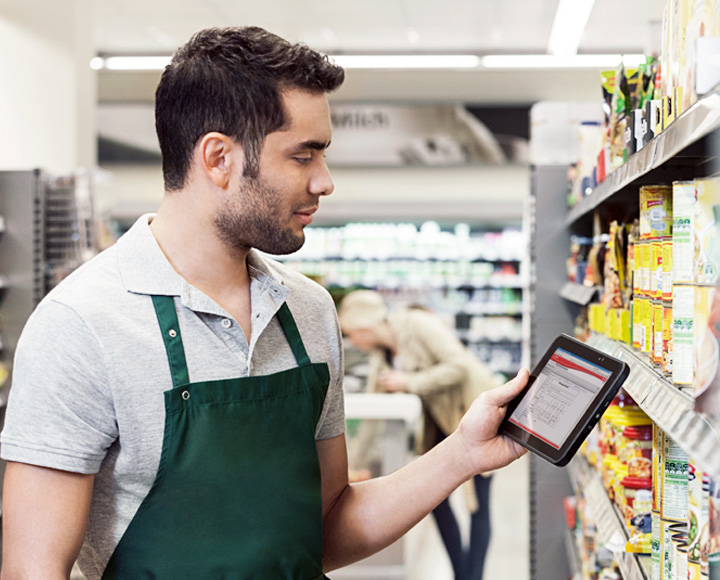Fujitsu IoT Operations Cockpit

Digital Transformation in retail business
Fujitsu IoT Operations Cockpit is your platform to collect and monitor your IoT data in order to optimize energy efficiency and improve customer experience.
IoT, AI & Big Data in Proactive Facility Management

The data from various facilities such as electricity consumption, temperatures, water consumption, trash bins or CO2 etc. can be collected with IoT sensors.

The AI within the anomaly detection system evaluates the data and provides an overview on your operational status through the IoT Operations Cockpit dashboard.

Instead of worrying about facilities, store managers can invest more time in their customers as the relevant information is always provided to the right person.
Effect on Customer Journey
Better process and organization
Satisfied employees
Reduction of operating costs
Automated information services
Less accidents
Improved asset tracking and management
Shorter waiting time
Better goods availability
Improved sustainability
Consider the following examples of how Fujitsu IoT Operations Cockpit can help retail business.
Improving energy efficiency and reducing operation cost
Retail managers can monitor real-time energy consumption at a glance.
IoT sensors from various systems (such as electricity, water, air conditioning, heating, CO2, temperature and others) collect, analyze and visualize consumption and status data in the centralized cockpit dashboards. The centralized cockpit can issue alerts when intelligently adopted thresholds are exceeded.
Refrigeration units are efficiently monitored to ensure audit compliance of the temperature data, and with intelligent lighting management, the lights will be automatically dimmed in a shop where no one is present. If the sensors detect movement, the lighting level raises again automatically.
Store managers spend less time managing facilities and more time managing customer satisfaction.

Service Analysis and Task Force Management
The IoT Operations Cockpit can analyze and optimize store workflows, based on the data from customer entry/exit flow counter, receipts generated by the cash register, and the current work status of employees among other metrics.
The Task Force Management contains the individual roles, rights, and capabilities of the employees. This ensures that the right employees are informed immediately when required, leading to an increase in efficiency. Retail managers can utilize resources more efficiently while improving service quality levels.
AI-Based Function
AI algorithms constantly check the incoming values for plausibility allowing misconfigurations to be identified and corrected quickly.
Predictive maintenance models are also integrated to warn retail managers before the next failure occurs, e.g. POS system, receipt printer or even the entrance door, and generate a service ticket in advance.
With the help of AI, the workflow can also be optimized. For example, the smart shelf integration will monitor the fill levels of individual products on shelves and replenish these in an optimized manner.
The benefits include minimizing downtime and optimizing the assignment of service engineers in timely manner improving customer satisfaction.
With the smart shelf integration, store managers can avoid out-of-stock and surplus of products, which leads to sales improvement and cost efficiency.


Sustainable growth
The platform is not dependent on specific vendors.
The deep learning capability and scalability enables retailers to adapt the platform to individual circumstances.
The vendor independent solution model increases flexibility and agility while reducing cost.


